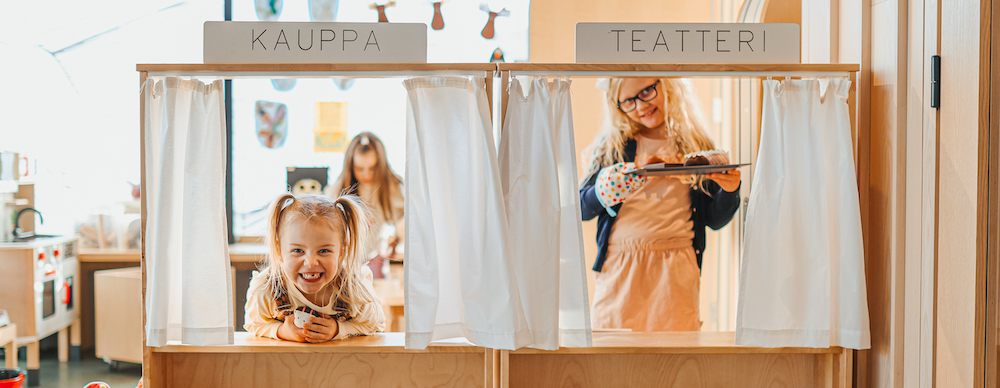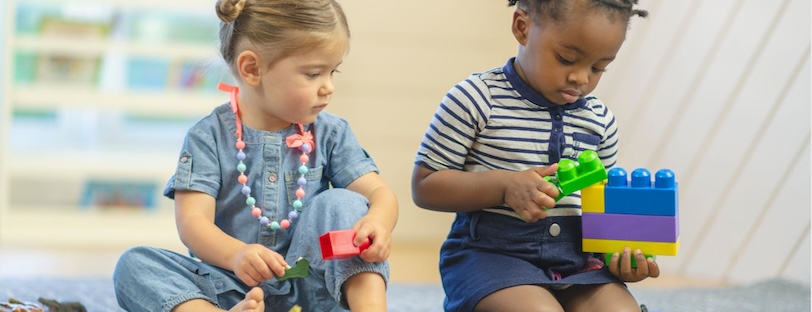1. Children Learn Best by Doing
Young children are naturally curious. They learn best when they can see, touch, and experience new concepts firsthand rather than simply memorizing facts from a book. Experiential learning aligns with the way the brain develops in early childhood—it promotes active engagement, which helps children form stronger neural connections and retain knowledge more effectively.
For example, instead of memorizing the names of animals from a textbook, children in an experiential learning environment might visit a mini farm, engage in role-play as different animals, or use sensory play to understand textures, sounds, and movements. This active participation makes learning fun and memorable.

2. Experiential Learning Builds Critical Thinking and Problem-Solving Skills
Rote learning often focuses on right or wrong answers, leaving little room for creativity or exploration. In contrast, experiential learning encourages open-ended questions and real-world problem-solving.
For example, a teacher could present a simple challenge: "How can we build the tallest tower using only paper and glue?" Children would then experiment with different structures, make mistakes, and learn from their experiences. This process strengthens logical reasoning, creativity, and persistence—essential for lifelong learning.
3. Play-Based Learning Improves Social and Emotional Development
Many traditional preschools emphasize individual performance—children are evaluated based on their ability to recall and reproduce information. However, early childhood is also critical for social and emotional development. Experiential learning fosters collaboration, communication, and empathy by encouraging children to work together on activities like:
- Group storytelling sessions
- Role-playing everyday situations (e.g., a visit to the market)
- Problem-solving tasks that require teamwork
When children engage in play-based learning, they learn how to express emotions, negotiate with peers, and handle conflicts—skills that are just as important as academic knowledge.
4. Experiential Learning Boosts Engagement and Motivation
When learning feels like a chore, children may lose interest. Traditional rote learning methods often make children feel pressured to perform, leading to anxiety and disengagement. Experiential learning, on the other hand, turns learning into an adventure where every discovery brings excitement.
For example, instead of teaching numbers through worksheets, a preschool could organize a "market day" where children role-play as shopkeepers and customers. As they count money and measure goods, they naturally absorb mathematical concepts in a fun and relevant way.

Research has shown that children who learn through active experiences are more motivated, curious, and excited to explore new ideas. This love for learning lays the foundation for long-term academic success.
What is Experiential Learning?
.png)



